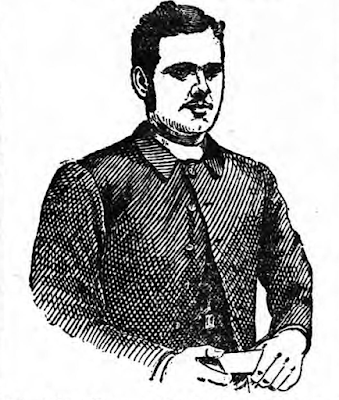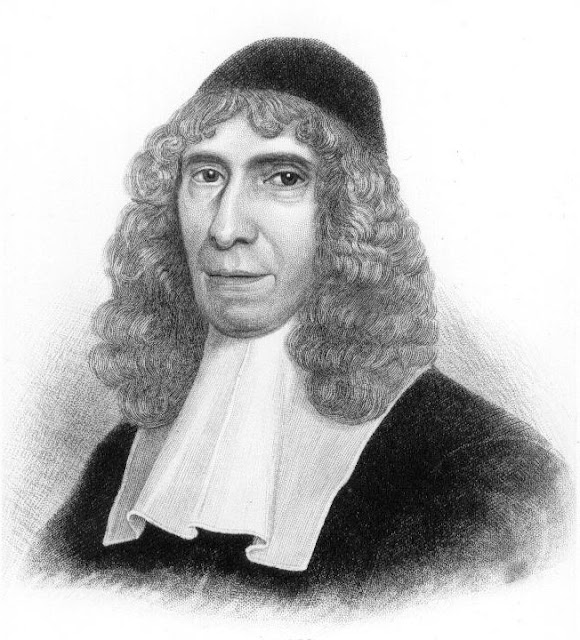A pastor in California recently sent me this quotation from Thomas Watson's commentary on the Shorter Catechism, touching on the divine preservation of Holy Scripture:
"We may know the scripture to be the word of God, by the miraculous preservation of it in all ages. The holy scriptures are the richest jewel that Christ hath left; and the church of God hath kept these public records of heaven that they have not been lost. The word of God hath never wanted enemies to oppose, and, if possible, to extirpate it. They have given out a law, concerning scripture, as Pharaoh did the midwives concerning the Hebrew women’s children, to strangle it in the birth; yet God hath preserved this blessed book inviolable to this day. The devil and his agents have been blowing at scripture light, but could never prevail to blow it out,—a clear sign that it was lighted from heaven. Nor hath the church of God, in all revolutions and changes, only kept the scripture that it should not be lost, but that it should not be depraved. The letter of scripture hath been preserved, without any corruption, in the original tongues. The scriptures were not corrupted before Christ’s time, for then Christ would never have sent the Jews to the scriptures; but he sends them to the scriptures, John 5:39., 'Search the scriptures.' Christ knew these sacred springs were not muddied with human fancies." I told the sender I had not run across it before but will add it to my Puritan "armoury" of citations regarding that doctrine of providential preservation so often neglected in our day. N.B.: Watson upholds not merely the preservation of Scripture's doctrinal content (matter) but also its words (form): "The letter of scripture hath been preserved, without any corruption, in the original tongues."






